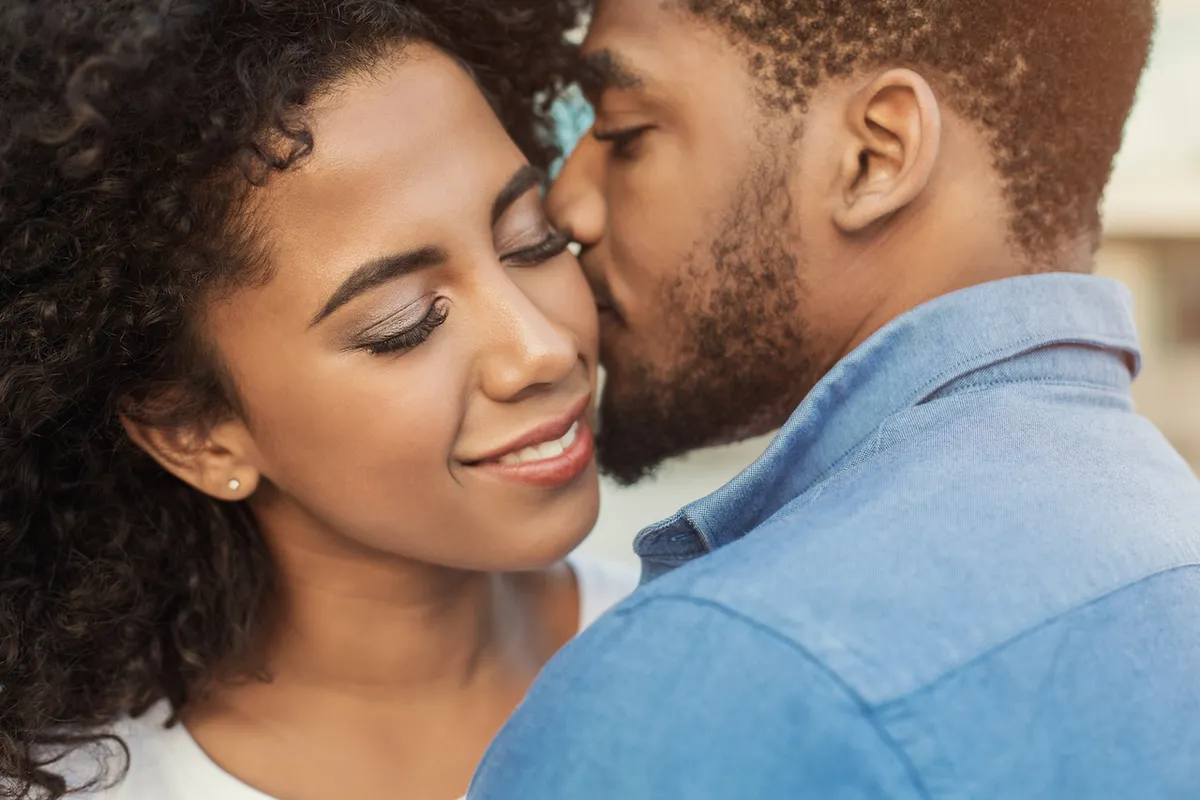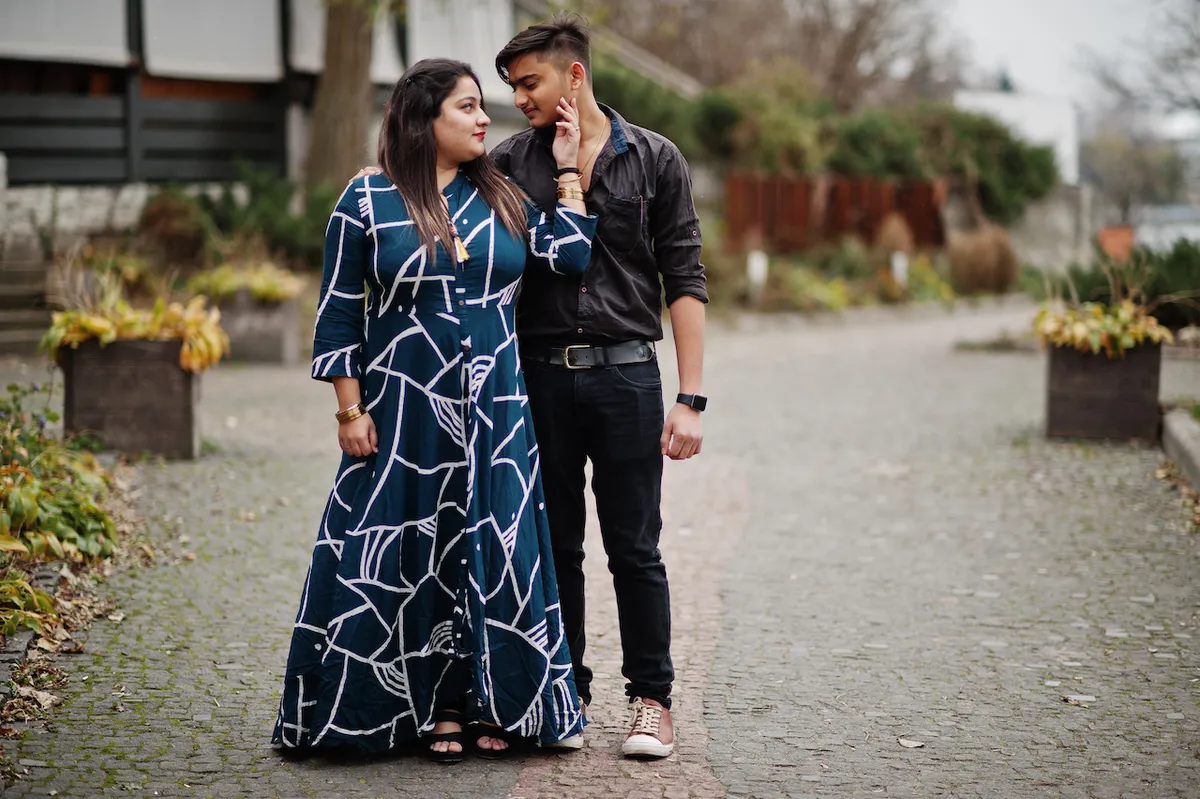
Love: should it be earned or given freely? This question has undoubtedly crossed our minds at some point. Studies show that how we give and receive love heavily influences our mental health.
In this article, we'll explore the beliefs surrounding "earning" love versus giving and receiving it unconditionally, helping you to foster healthier relationships with others and yourself.
Ready to dive in?.
The Idea of Earning Love
Trying to earn love can lead to unhealthy relationships and have negative effects on one's self-worth.
Unhealthy relationships and the desire to earn love
Some people feel they need to earn love. This can lead to bad relationships. They work hard for someone's love, like it's a prize. But love is not something you win or lose. Trying to be perfect won't make others love you more.
It can make you tired and unhappy instead. You should not have to prove yourself for true care and attention.
The negative effects of trying to prove worthiness for love
Trying to prove our worthiness for love can have harmful effects on our well-being and relationships. When we constantly seek validation from others, we may become trapped in a cycle of seeking external approval and never feeling truly fulfilled.
This can lead to a lack of self-worth and low self-esteem. Additionally, when we focus solely on proving ourselves to be deserving of love, we may lose sight of our own needs and boundaries.
We may tolerate unhealthy behaviors or stay in toxic relationships because we believe that love must be earned through sacrificing our own happiness. Instead, it is important to recognize that love should be given freely and unconditionally, both towards ourselves and others.
The Concept of Unconditional Love
Unconditional love means offering love without any conditions or expectations attached to it.
What does it mean to give love unconditionally?
To give love unconditionally means to offer love without any conditions or expectations in return. It is a type of love that is freely given, regardless of the actions or behavior of the person receiving it.
Unconditional love accepts others for who they are, flaws and all, and seeks to support and care for them without judgment. It involves showing compassion, forgiveness, and understanding even when someone makes mistakes or falls short.
Giving love unconditionally also requires self-love and acceptance, recognizing one's own worthiness of love before being able to extend it to others.
The importance of self-love in unconditional love
Self-love plays a crucial role in experiencing unconditional love. When we have a healthy sense of self-worth and acceptance, we can give and receive love without conditions or expectations.
It starts with tapping into our own sense of self and recognizing that love doesn't come from an external entity, but from within us. By prioritizing self-care, setting boundaries, and embracing our authentic selves, we create a foundation for genuine connections based on trust, compassion, and mutual support.
In this way, self-love becomes the cornerstone of experiencing true unconditional love in relationships.

The Impact of Childhood Experiences
Childhood experiences shape our perception of love and can impact how we give and receive love in relationships.
Adverse childhood experiences and their influence on how we view love
Our childhood experiences play a significant role in shaping our views on love. Adverse experiences, such as emotional abuse or having love taken away from us, can create deep wounds that impact how we perceive and give love.
These experiences can lead to feelings of unworthiness and the need to constantly prove ourselves deserving of love. However, it is possible to heal from these past wounds and experience unconditional love by tapping into our sense of self-worth and recognizing that love should not be earned but given freely.
By embracing self-love and understanding that we are inherently deserving of love, we can break free from the cycle of seeking validation through proving our worthiness for it.
Healing from past wounds to experience unconditional love
Our past experiences greatly influence how we perceive and receive love. If we have experienced emotional abuse, neglect, or abandonment in our childhood, it can affect our ability to trust and believe in unconditional love.
However, healing from these wounds is possible. It involves acknowledging the pain and trauma that we have gone through, seeking therapy or counseling if needed, and learning to cultivate self-love and self-worth.
By doing so, we can begin to tap into a larger sense of self and realize that love comes from within us rather than relying on external validation or approval. This internal shift allows us to experience unconditional love in relationships and truly understand what it means to give and receive love without conditions or expectations.
The Trap of Toxic Positivity
Toxic positivity in relationships can have harmful effects, as it often promotes the suppression of negative emotions and discourages authentic expression.
The harmful effects of toxic positivity in relationships
Toxic positivity refers to the habit of always putting on a positive facade, regardless of what one is truly feeling. In relationships, this can be incredibly damaging. When we constantly force ourselves to only focus on the positive aspects and suppress any negative emotions, it prevents open and honest communication.
This can lead to unresolved issues and resentment building up over time. Toxic positivity also invalidates genuine feelings by dismissing them as unnecessary or unimportant. It creates an unrealistic expectation that everything should always be perfect and happy, which puts pressure on both partners to constantly perform happiness rather than addressing real problems in the relationship.
Ultimately, toxic positivity prevents true emotional connection and authenticity in relationships.
Embracing vulnerability and authenticity
Embracing vulnerability and authenticity is crucial in cultivating healthy, loving relationships. When we are open and honest about our true selves, we create a space for genuine connection and understanding.
By letting go of the need to constantly prove ourselves or seek validation from others, we allow love to flow naturally. It requires courage to show our vulnerabilities, but it also fosters trust and acceptance.
When we embrace who we truly are, without fear of judgment or rejection, we can experience deeper connections and find love that is based on authenticity rather than conditions or expectations.

Conclusion
In conclusion, love should be given unconditionally. Trying to earn love can lead to unhealthy relationships and damage our self-worth. Embracing unconditional love allows for trust, acceptance, and compassion in relationships, creating a healthier and more fulfilling connection with others.
Get legally married online
In partnership with Courtly, get legally married online.
From start to “I do.” Courtly team is fully committed to the cause: getting you married. They've done more remote weddings than anyone. Thousands of couples have counted on Courtly and we know what it takes to secure your legal marriage certificate.
Also, enjoy an exclusive discount available only to the MarryOnChain community! Use code MARRYONCHAIN to get $75 off your wedding.
RelatedRelated articles
All posts

